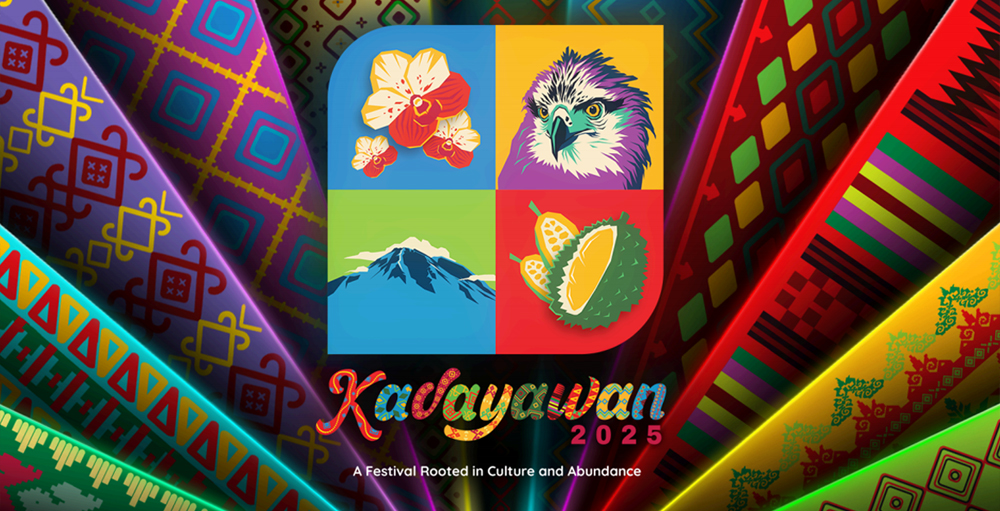In a major boost to sustainable livelihood initiatives, Project LAWA at BINHI has already reached 1,500 beneficiaries across Davao City.
The project, which is a joint initiative of the Department of Social Welfare and Development Office (DSWD) in partnership with the City Social Welfare and Development Office (CSWDO), City Agriculturist Office (cAgrO), and the Bureau of Fisheries XI, seeks to build climate-resilient communities while addressing water scarcity and food insecurity.
Jupani Simpao, Family Caseworker III of the CSWDO, in an interview over city-owned Davao City Disaster Radio, said that the project integrates two key components.
LAWA stands for Local Adaptation to Water Access, referring to the creation of fishponds, while BINHI (Breaking Insufficiency through Nutritious Harvest for the Impoverished) focuses on establishing gardens where residents can grow vegetables to supplement their food supply and generate additional income.
The initiative, which forms part of a broader climate change adaptation program in the Philippines, has been implemented in Davao City in two phases as of this year. In the first phase, 20 sites were established, benefitting 1,000 residents. The second phase, still underway, is adding another 10 sites that have reached 500 more beneficiaries.
The project primarily targets organized groups identified by CSWDO’s Direct Service Implementers, which include women, youths, persons with disabilities (PWDs), senior citizens, solo parents, and farmers, particularly those in areas frequently affected by water insufficiency.
Simpao also said that they already have sites in Barangays Catigan, Sibulan, Tagluno, Bato, Tugbok, Los Amigos, Calinan, Riverside, Biao, Malamba, Dominga, Carmen, Tapak, Pandaitan, Colosas, and Bantol, among other localities.
She said that in addition to the infrastructural support of fishponds and gardens, beneficiaries are provided with Cash-for-Training and Cash-for-Work (CFTW) assistance, which incentivizes their active participation in the project and enables them to learn sustainable farming practices.
“Last week, nag-start ta sa eight barangays sa Calinan District sa Cash-for-Training, then karong 21, 22 ug 23, naa napod ta sa Bantol ug Datu Salumay; tulo ka areas sa Datu Salumay, unya additional [site] sa Catigan (Last week, we started Cash-for-Training in eight barangays in Calinan District, and on 21st, 22nd and 23rd of May we will extend our efforts in Bantol and Datu Salumay, with an additional site opening in Catigan),” she said.
Anna Liza Mansaligan, one of the beneficiaries from Barangay Catigan also shared her appreciation for the program
“Kami mapasalamaton gyod, mao’ng kami pod sa amoa nga part amoa pud himuon nga alagaan ug palambuon pa gyod ang project nga gihatag sa amoa (We are truly grateful, that’s why in our part, we will also contribute to the growth and development of the project that was assigned to us),” she said.
She said the residents, grouped into teams of 50 members each, were not only enthusiastic about the support but are also committed to nurturing and developing the project, with DSWD’s supervision expected to continue for the next ten years. CIO



